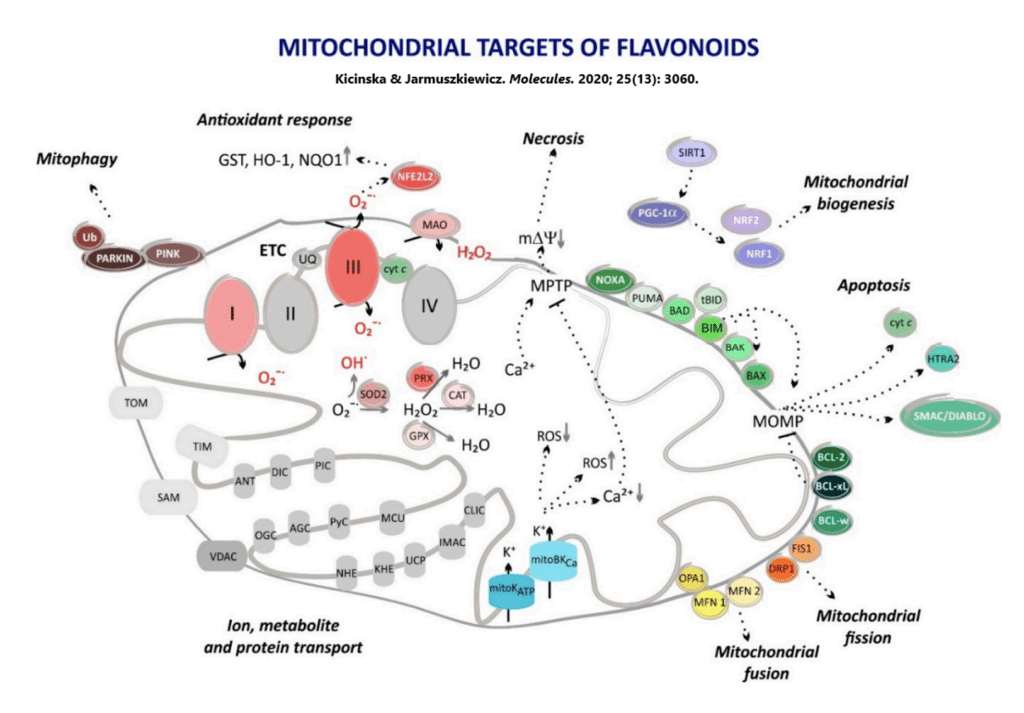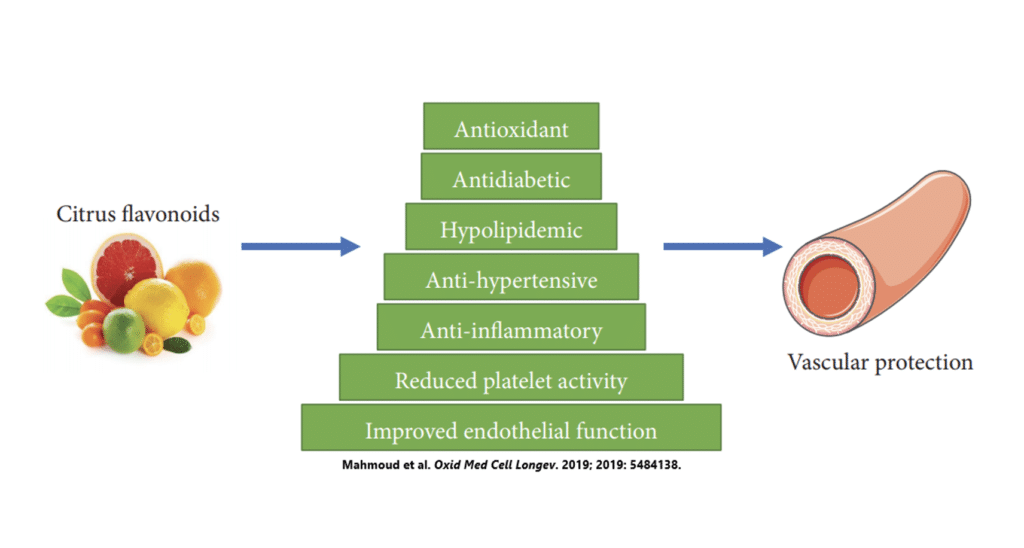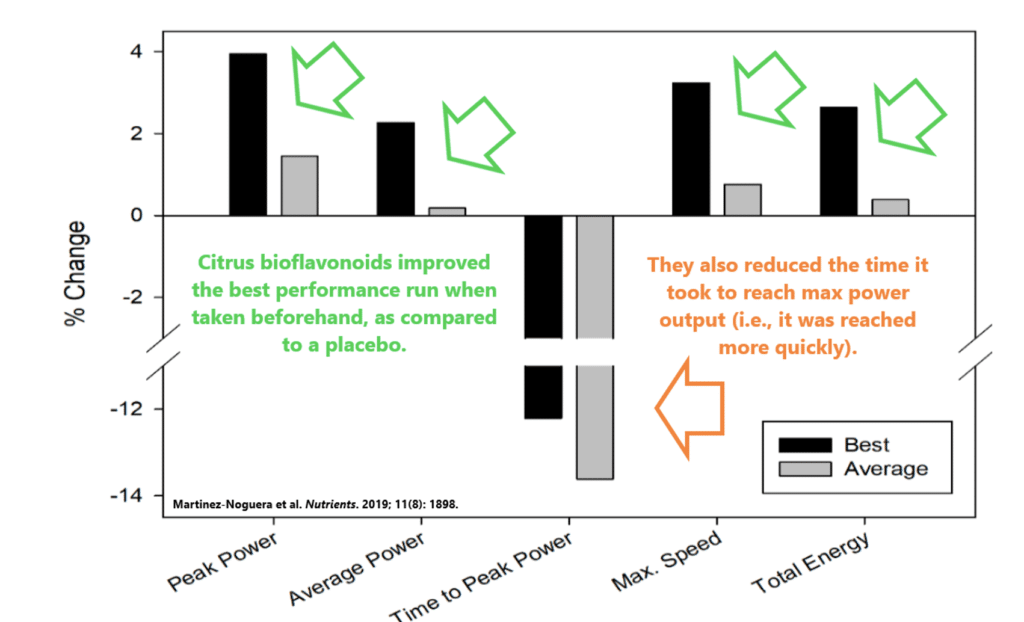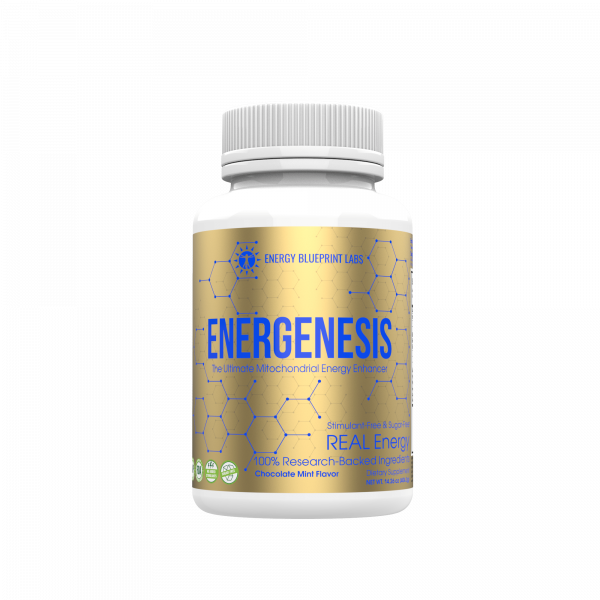Question: do you regularly eat citrus fruits? Oranges, tangerines, grapefruits, and clementines are easily consumed fresh, while lemons and limes make for a nice garnish or juice. But outside of taste, have you ever actually given thought to the health benefits these fruits offer?
My guess: probably not, because if you did, then you’d probably find a way to eat the tart, bitter, seeming inedible peels. After all, that’s where most of the health-bolstering bioflavonoids are at [1].
Citrus fruits are incredibly rich in flavonoid compounds, particularly hesperidin, naringenin, and rutin, which benefit our health in a variety of ways [2]:
- Antioxidant
- Anti-inflammatory
- Improve glucose tolerance
- Increase insulin sensitivity
- Improve endothelial function
- Reduce blood lipids
- Improve mitochondrial function
In essence, citrus bioflavonoids are powerful compounds that help improve metabolic health and ward off cardiometabolic diseases like type 2 diabetes and heart disease.
Citrus Bioflavonoids Protect Mitochondria
Flavonoids in general are established regulators of mitochondrial health through improving antioxidant status, increasing energy production, promoting biogenesis, regulating mitophagy, and altering morphology [3]. Many of these effects are seen with citrus bioflavonoids specifically [4–6].

For example, in mice, hesperetin directly increases mitochondrial biogenesis, antioxidant defenses, and ATP production, while also reducing oxidative stress and attenuating muscular impairments that come with old age [7].
Citrus Bioflavonoids Protect Blood Vessels
Similarly, in endothelial cells that make up the lining of our blood vessels, hesperidin increased the activation of several signaling molecules involved in mitochondrial biogenesis, including Akt and AMPK, increased concentrations of nitric oxide, and reduced the expression of adhesion molecules involved in atherosclerosis [8].
What’s cool about this study is that the researchers then went on to have obese adults with metabolic syndrome supplement with 500 mg of hesperidin per day for 3 weeks to see how these effects played out in real life. They found that flow-mediated dilation, a marker for endothelial function, increased by 25%, and that C-reactive protein, a marker of systemic inflammation, was reduced by 33%.
If the goal is to protect your nutrient highway and ensure adequate oxygen and nutrition reach your brain, muscles, and mitochondria, then citrus bioflavonoids are going to do you wonders through protecting your blood vessels.

Citrus Bioflavonoids Boost Performance
The mitochondrial-bolstering effects are evident in athletes as well. In recreationally active men, daily supplementation with 500 mg per day of hesperidin led to a 5% greater average power output than the placebo group after one month [9]. This was accompanied by a lower oxygen requirement to produce a given power output, meaning that the participants using hesperidin were more efficient with using their energy, likely through enhanced mitochondrial function.
Similarly, when trained cyclists supplement with 500 mg of hesperidin before exercising, they experience significant increases in their performance and power output during a sprint test. The effects weren’t huge, amounting to a 2–4% benefit over placebo, but that could be the difference between first and second place in a race or even just being able to complete a daily chore [10].

Citrus Bioflavonoids Reduce Blood Lipids
Lastly, there have been a variety of studies showing that citrus bioflavonoid supplementation reduces blood lipids in those with elevated levels. For example, in adults with dyslipidemia, daily supplementation with 270 mg of citrus flavonoids and 30 mg of tocotrienols reduced LDL-C by 19–27% and triglycerides by 24–34% [11].
Other studies have documented that 500 mg/d of hesperidin for 6–24 weeks reduces triglycerides [12,13], and that 400 mg/d of naringin for 8 weeks reduces LDL-C [14]. In both cases, the effects occurred only in those with elevated levels to begin with, suggesting that citrus bioflavonoids work to normalize health status.
Summary
Citrus bioflavonoids are a group of phytochemicals derived from citrus fruits like oranges, grapefruits, lemons, and limes. The science overwhelmingly shows that citrus bioflavonoids are potent antioxidant and anti-inflammatory molecules that enhance mitochondrial function, metabolic health, and physical performance. That’s why we’ve made them one of the cornerstone ingredients in our mitochondrial energy formula, Energenesis.

References
- Lv X, Zhao S, Ning Z, Zeng H, Shu Y, Tao O, et al. Citrus fruits as a treasure trove of active natural metabolites that potentially provide benefits for human health. Chem Cent J. 2015;9:68.
- Mahmoud AM, Hernández Bautista RJ, Sandhu MA, Hussein OE. Beneficial Effects of Citrus Flavonoids on Cardiovascular and Metabolic Health. Oxid Med Cell Longev. 2019;2019:5484138.
- Kicinska A, Jarmuszkiewicz W. Flavonoids and Mitochondria: Activation of Cytoprotective Pathways? Molecules [Internet]. 2020;25.
- Alam MA, Subhan N, Rahman MM, Uddin SJ, Reza HM, Sarker SD. Effect of citrus flavonoids, naringin and naringenin, on metabolic syndrome and their mechanisms of action. Adv Nutr. 2014;5:404–17.
- Kumar A, Prakash A, Dogra S. Naringin alleviates cognitive impairment, mitochondrial dysfunction and oxidative stress induced by D-galactose in mice. Food Chem Toxicol. 2010;48:626–32.
- Testai L, Piragine E, Piano I, Flori L, Da Pozzo E, Miragliotta V, et al. The Citrus Flavonoid Naringenin Protects the Myocardium from Ageing-Dependent Dysfunction: Potential Role of SIRT1. Oxid Med Cell Longev. 2020;2020:4650207.
- Biesemann N, Ried JS, Ding-Pfennigdorff D, Dietrich A, Rudolph C, Hahn S, et al. High throughput screening of mitochondrial bioenergetics in human differentiated myotubes identifies novel enhancers of muscle performance in aged mice. Sci Rep. 2018;8:9408.
- Rizza S, Muniyappa R, Iantorno M, Kim J-A, Chen H, Pullikotil P, et al. Citrus polyphenol hesperidin stimulates production of nitric oxide in endothelial cells while improving endothelial function and reducing inflammatory markers in patients with metabolic syndrome. J Clin Endocrinol Metab. 2011;96:E782–92.
- Overdevest E, Wouters JA, Wolfs KHM, van Leeuwen JJM, Possemiers S. Citrus Flavonoid Supplementation Improves Exercise Performance in Trained Athletes. J Sports Sci Med. 2018;17:24–30.
- Martínez-Noguera FJ, Marín-Pagán C, Carlos-Vivas J, Rubio-Arias JA, Alcaraz PE. Acute Effects of Hesperidin in Oxidant/Antioxidant State Markers and Performance in Amateur Cyclists. Nutrients [Internet]. 2019;11.
- Roza JM, Xian-Liu Z, Guthrie N. Effect of citrus flavonoids and tocotrienols on serum cholesterol levels in hypercholesterolemic subjects. Altern Ther Health Med. 2007;13:44–8.
- Miwa Y, Mitsuzumi H, Sunayama T, Yamada M, Okada K, Kubota M, et al. Glucosyl hesperidin lowers serum triglyceride level in hypertriglyceridemic subjects through the improvement of very low-density lipoprotein metabolic abnormality. J Nutr Sci Vitaminol .
- Miwa Y, Yamada M, Sunayama T, Mitsuzumi H, Tsuzaki Y, Chaen H, et al. Effects of glucosyl hesperidin on serum lipids in hyperlipidemic subjects: preferential reduction in elevated serum triglyceride level. J Nutr Sci Vitaminol . 2004;50:211–8.




